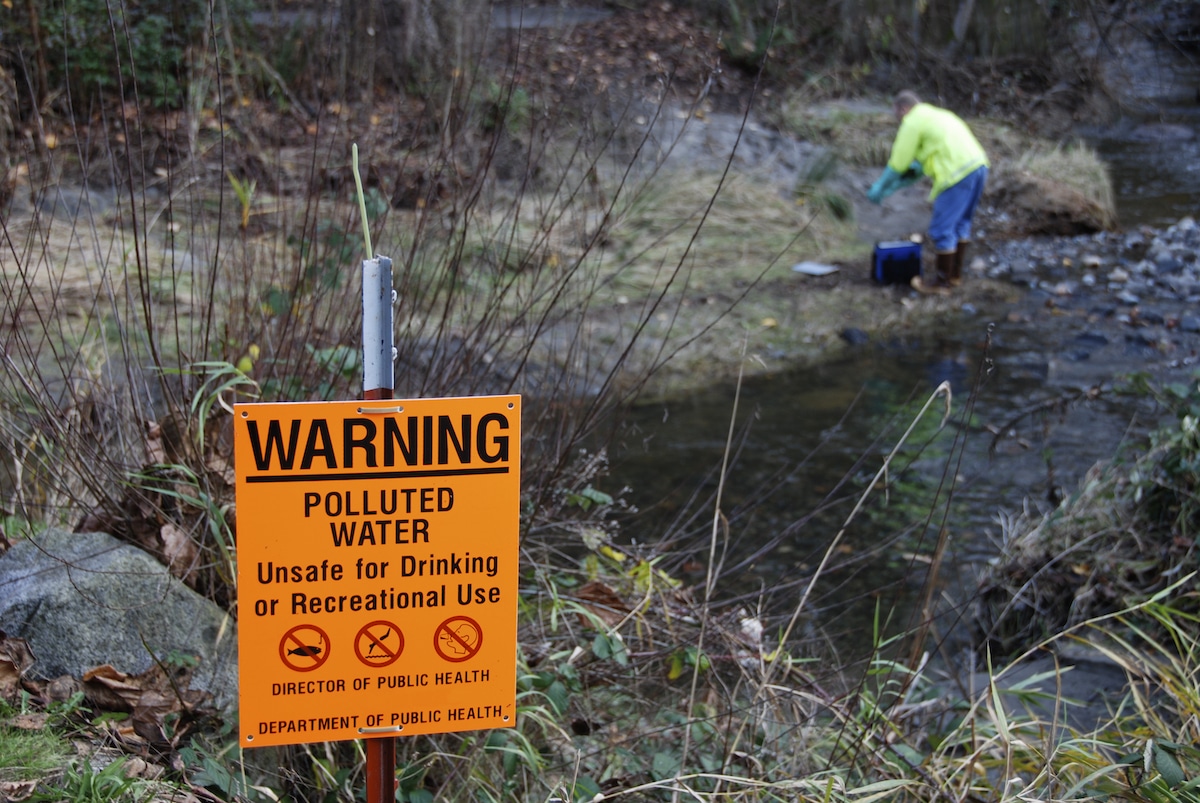
Scientists Use Vegetable Oil Byproduct to Remove Heavy Metals From Contaminated Water

Scientists from Nanyang Technological University, Singapore, collaborating with ETH Zurich, Switzerland (ETHZ), have discovered a way to turn byproduct from vegetable oil production into a membrane that filters out heavy metals from water.
“Water pollution remains a major global issue in many parts of the world,” said Ali Miserez, study author and professor at Nanyang Technological University. “Heavy metals represent a large group of water pollutants that can accumulate in the human body, causing cancer and mutagenic diseases. Current technologies to remove them are energy-intensive, requiring power to operate, or are highly selective in what they filter.”
The researchers noticed that proteins in peanut and sunflower oil waste byproducts, called oilseed meals, were useful in attracting heavy metal ions, so they tested out this process in water to see if it would work for decontamination. They turned the oilseed meals’ proteins into nano-sized protein amyloid fibrils, which strongly attract heavy metal ions. Then, researchers combined these amyloid fibrils with activated carbon and tested the filters on three types of metal: platinum, chromium and lead.
The membranes were 99.89% effective at filtering out all of the heavy metals from water, with the best results for platinum and lead.
“The filter can be used to filter any sorts of heavy metals, and also organic pollutants like PFAS (perfluoroalkyl and polyfluoroalkyl substances), which are chemicals that have been used in a wide range of consumer and industrial products,” said Prof Miserez. “The amyloid fibrils contain amino acid bonds that trap and sandwich heavy metal particles between them while letting water pass through.”
The membrane made from waste byproduct proteins is a low-cost option that requires little energy for decontamination, and the researchers say this innovation could work all over the world for water purification.
“Recovering precious platinum, which costs US$33,000/kg, only requires 32 kg of protein, while recovering gold, which is worth almost US$60,000/kg, only requires 16 kg of protein. Considering that these proteins are obtained from industrial waste that is worth less than US$1/kg, there are large cost benefits,” Miserez explained.
Because of the simple technology, this filtration membrane is readily scalable. Some useful heavy metals, like platinum, can also be recycled after they’ve been filtered out of the water.
The research, recently published in Chemical Engineering Journal, follows the Nanyang Technological University’s goal to curb environmental impacts caused by human activity.
Miserez said, “Our work puts heavy metal where it belongs — as a music genre and not a pollutant in drinking water.”

 233k
233k  41k
41k  Subscribe
Subscribe 